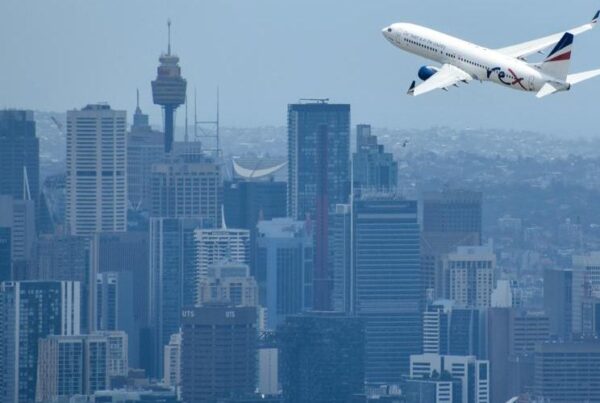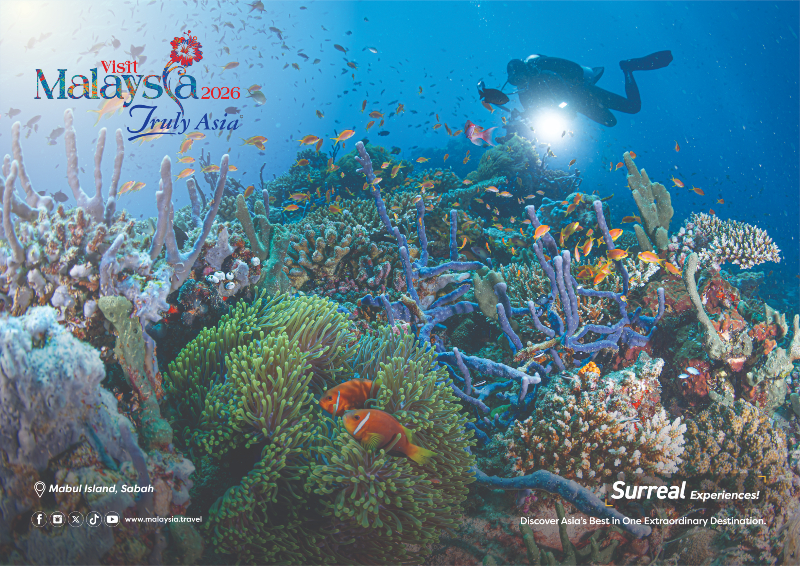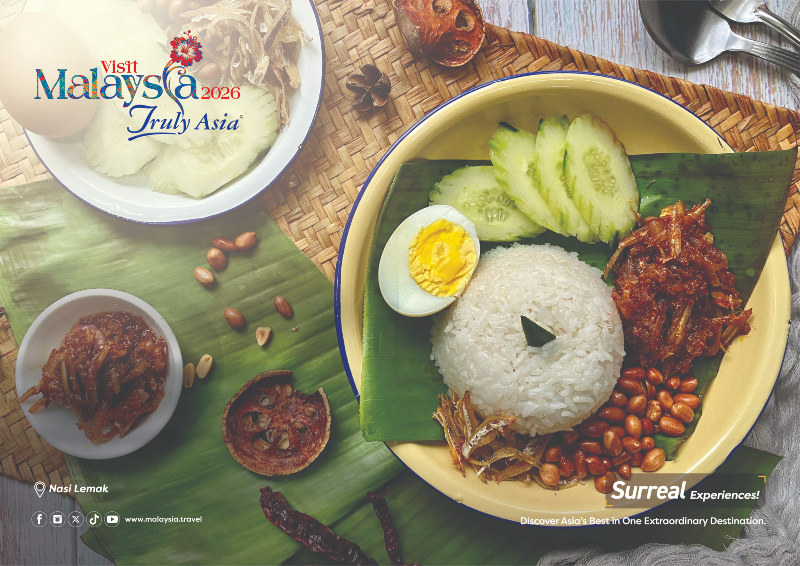Australians are splashing serious cash on food while travelling – and unknowingly wasting millions on international transaction fees in the process.
New research from ING reveals that Aussies who travelled overseas in the past year spent an average of $1,477 of their travel budgets on food and dining, making up around 20% of their overall holiday spend. That equates to more than $12 billion nationwide, highlighting just how popular culinary tourism has become.
But while travellers are happy to fork out for memorable food experiences, they’re also losing money without realising it. A whopping $138 million was spent collectively in the past 12 months on international transaction fees – just on food and dining purchases.
Despite a growing awareness of the importance of budgeting, three in four (75%) Aussie travellers rank local food and cuisine among their top five priorities when planning a trip, just behind overall travel costs (78%). A striking 88% even said they’d cut back on other expenses – such as shopping or attractions – to allow for a bigger food budget.
The research also revealed that food isn’t just fuel – it’s content. Some 81% of Aussie travellers said they take photos of meals while travelling, and those who snap their meals are more likely (90%) to prioritise food over other travel expenses compared to non-snappers (77%).
Dina Kotsopoulos, Head of Daily Banking at ING, said: “It’s a shame to see that Aussies have been left $138 million out of pocket due to international transaction fees on their food purchases. With some simple planning, that money could stay in travellers’ pockets – or go toward an extra unforgettable meal abroad.”
In a creative local twist, ING has teamed up with Catherine Zhang of TuCha, LA to bring her viral desserts to Sydney for one weekend only – letting food lovers enjoy the experience without the airfare or hidden fees.
Kotsopoulos encouraged travellers to check their banking products before heading overseas. ING’s Orange Everyday debit card offers rebates on international transaction fees, saving eligible customers an average of $87 per year.
That’s almost nine Aperol Spritzes in Italy – not a bad saving for a simple switch.
Dina’s top tips for fee-free foodie travel:
- Plan ahead: Set a food budget and stick to it.
- Eat local: Street food and markets are often cheaper – and more authentic.
- Know your fees: Find out what your bank charges on overseas purchases.
- Shop around: Some debit cards, like ING’s, rebate international transaction fees.
- Stay safe: Be alert to scams and use secure payment methods.
With international travel well and truly back on the menu, Aussie travellers would do well to avoid biting into their budget with avoidable fees.









